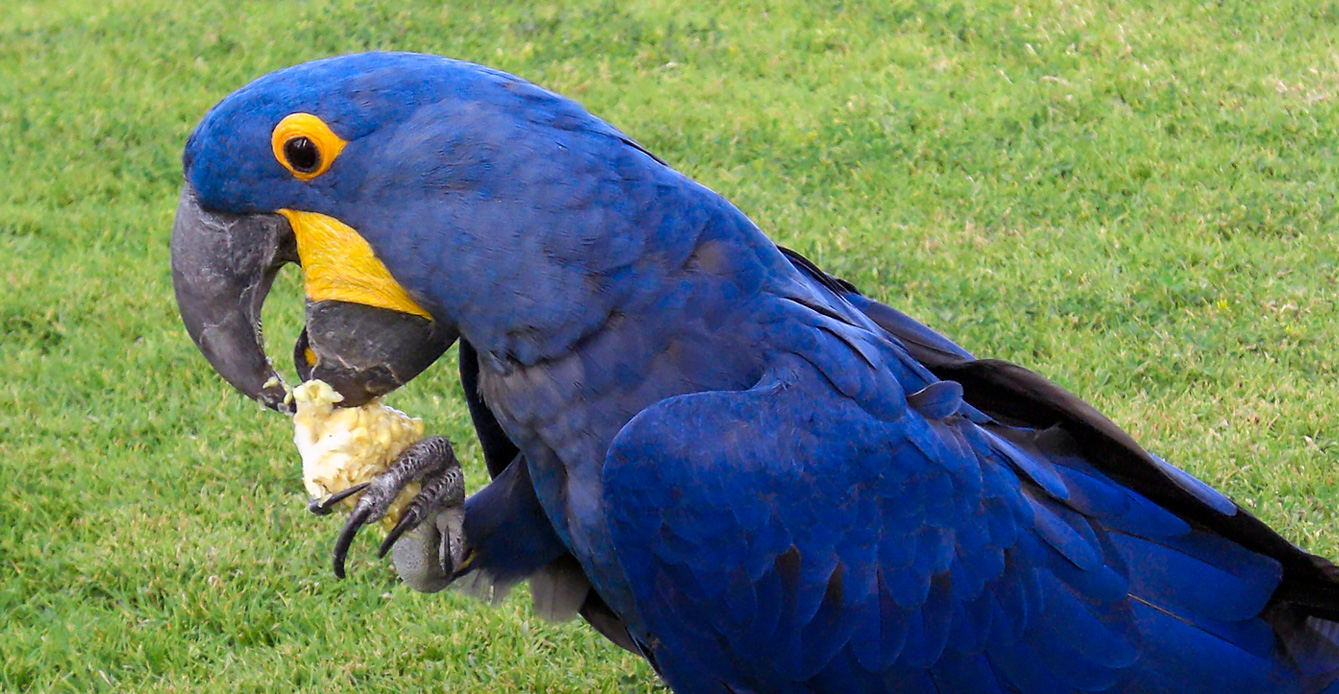
Hybrid Event: Ways forward to tackle illegal wildlife trade – The revised EU Action Plan Against Wildlife Trafficking (APAWT)
Wednesday 28th June 2023, 16:15 – 18:00 CEST
Hybrid event organized at the European Parliament (Room ASP 5G1) & online
Hosted by MEP María Soraya Rodríguez Ramos
Chair of the Delegation for Relations with the Pan-African Parliament
As a global leader into the fight against wildlife trafficking, the EU adopted in 2016 its first plan to tackle illegal wildlife trade from source to destination countries while promoting global cooperation. Following its evaluation and revision process – including consultations with all concerned stakeholders-, the EU released in a context of both the CITES CoP19 and CBD CoP15 its revised plan in November 2022.
As stressed by the European authorities, “the fight against wildlife trafficking is a crucial part of efforts to halt biodiversity loss”. The Intergovernmental Science-Policy Platform on Biodiversity and Ecosystem Services (IPBES) also highlights that “sustainable use of wildlife is essential to meet the needs of present and future generations. The sustainable use of wildlife can help stop the emergence of new pandemics, provide sustained livelihoods for local and indigenous people, and contribute to restoring and maintaining biodiversity. By contrast, illegal or ineffectively regulated trade in wild species is a threat to this sustainable use”.
This revised EU Action Plan Against Wildlife Trafficking sets for the five coming years a roadmap for the EU and its Member States to fulfill concrete goals and targets to ensure that “the harvesting, use of, and trade in wild, terrestrial, freshwater and marine species is legal and sustainable”, in line with the Kunming Montreal Global Biodiversity Framework.
Therefore, this event aims at bringing together various EU policymakers, scientific experts, civil society and industry representatives to address ways forward to tackle illegal wildlife trade. The speakers shall feed the discussion by respectively tackling each of the four identified priorities by the revised plan:
- Priority 1: Preventing wildlife trafficking and addressing its root causes
- Priority 2: Strengthening the legal and policy framework against wildlife trafficking
- Priority 3: Enforcing regulations and policies to fight wildlife trafficking effectively
- Priority 4: Strengthening the global partnership of source, consumer and transit countries against wildlife trafficking.
Additional notes:
The EU aims to remain a leader into fighting illegal trade- while considering that the “EU functions as a hub for global wildlife trafficking and has a key role to play in the fight against it. The reported value of the illegal wildlife trade in the EU was a minimum of EUR 4.7 million in 2019 but is likely to be much larger.
The EU has already an added value when considering that its regulation enables the EU to take action beyond CITES – notably with its initial EU APAWT. Beyond this AP, the Commission has also adopted a proposal for a new EU directive to crack down on environmental crime, and look to better tackle the “increased use of online platforms for trading in wildlife illegally and the related use of small-parcel services (which) have created new challenges for detecting and investigating this type of crime, calling for new solutions and increased resources”.
The new action plan aims to “respond to the current challenges in a comprehensive way. While the focus of the action plan is on wildlife trafficking, it makes necessary links with the EU Wildlife Trade Regulations and other related policies.
Addressing wildlife trafficking requires a comprehensive approach and a range of measures at the intersection of the wildlife trade and wider wildlife conservation policy, all with the aim of allowing only sustainable trade in wildlife to occur.”
AGENDA:
16:15 – 16:25 Opening remarks by MEP María Soraya Rodríguez Ramos
16:25 – 16:40 Presentation on ‘The revised EUAPAWT’ by Jorge Rodriguez Romero, Head of F3 Unit on ‘Global Environmental Cooperation & Multilateralism’, DG ENV, European Commission
16:40 – 17:30 Reactions by stakeholders (10’ per speaker):
- Paola Mosig Reidl, Senior Programme Coordinator for Research and Analysis, TRAFFIC: ‘The role of rural communities’ engagement and sustainable livelihoods’
- Gayatri Reksodihardjo, LINI Foundation: ‘The role of rural communities’ engagement and sustainable livelihoods’
- Svein A. Fosså, President, European Pet Organization: ‘The importance of education and better enforcement of existing legislation and arguments against a positive list approach’
- Joanna Murray, Cefas (UK Govt’s Centre for Environment, Fisheries and Aquaculture Science): ‘Importance of a better enforcement of existing legislations’
- Edward van Asch, ICCWC Coordinator, Convention on International Trade in Endangered Species of Wild Fauna and Flora (CITES) Secretariat: ‘The importance of global cooperation’
17:30 – 17:55 Q&A session with the audience
17:55 – 18:00 Closing remarks by Ilias Grampas, Deputy Director, Secretariat of the EP Intergroup on “Climate Change, Biodiversity and Sustainable Development”


